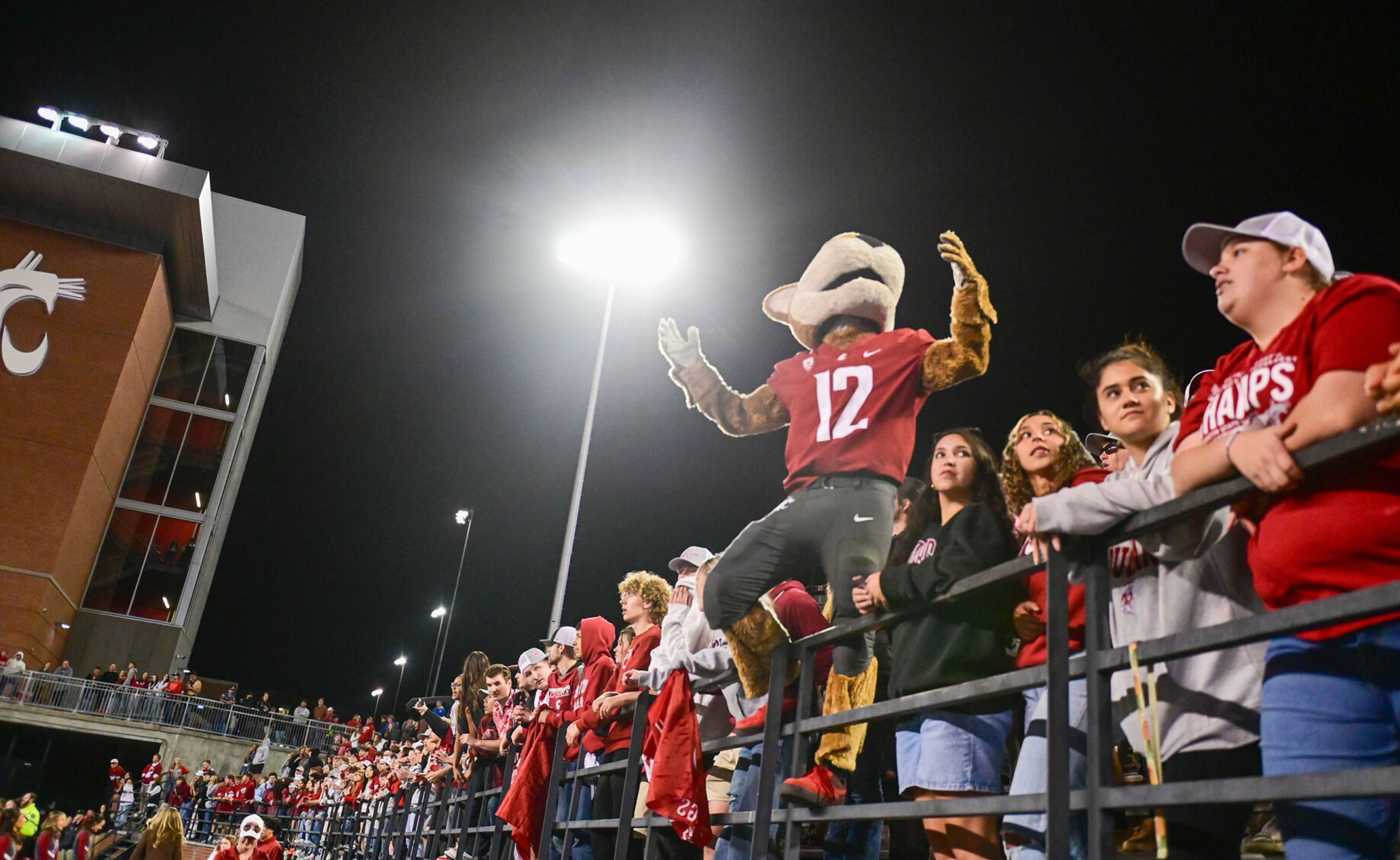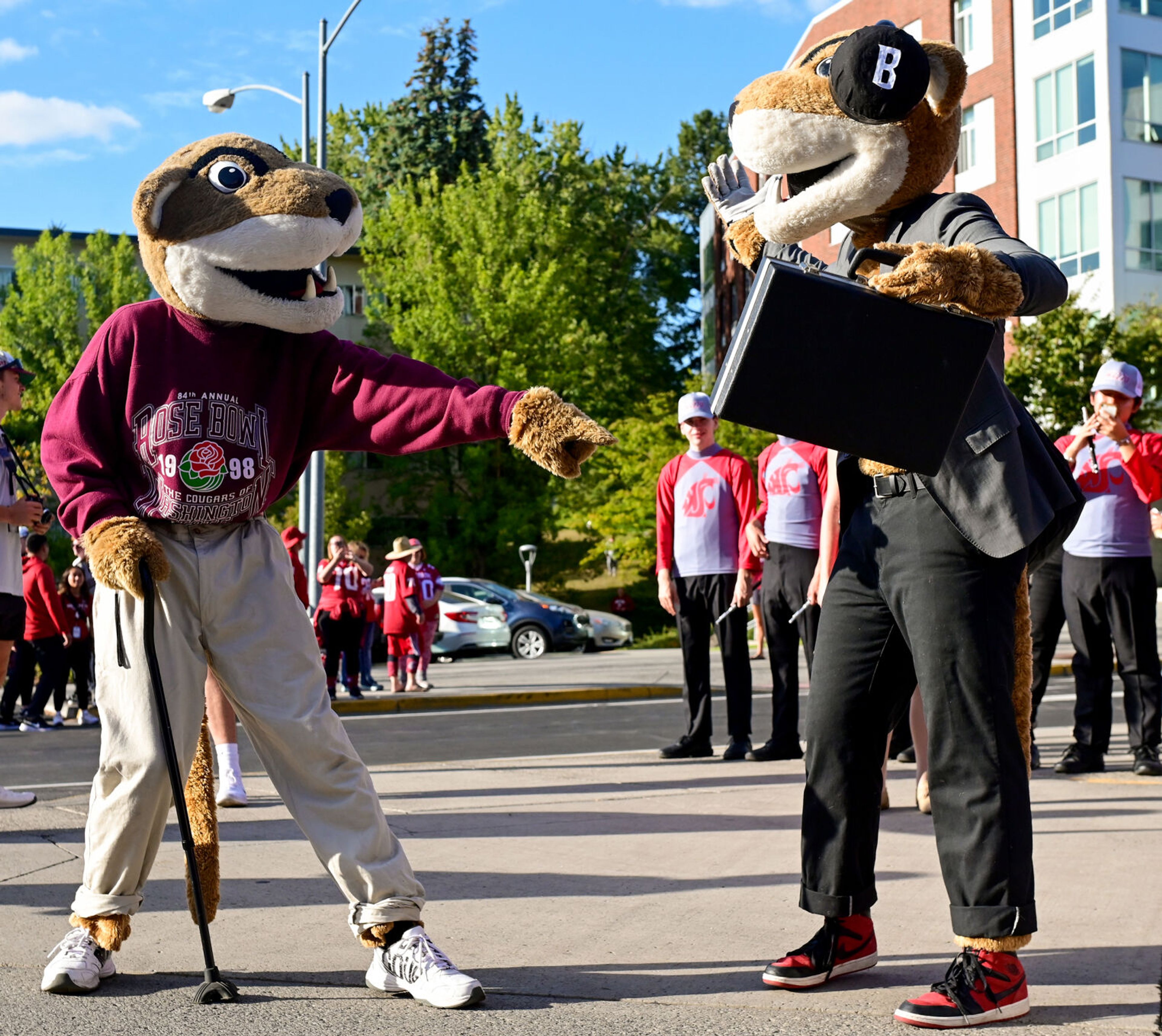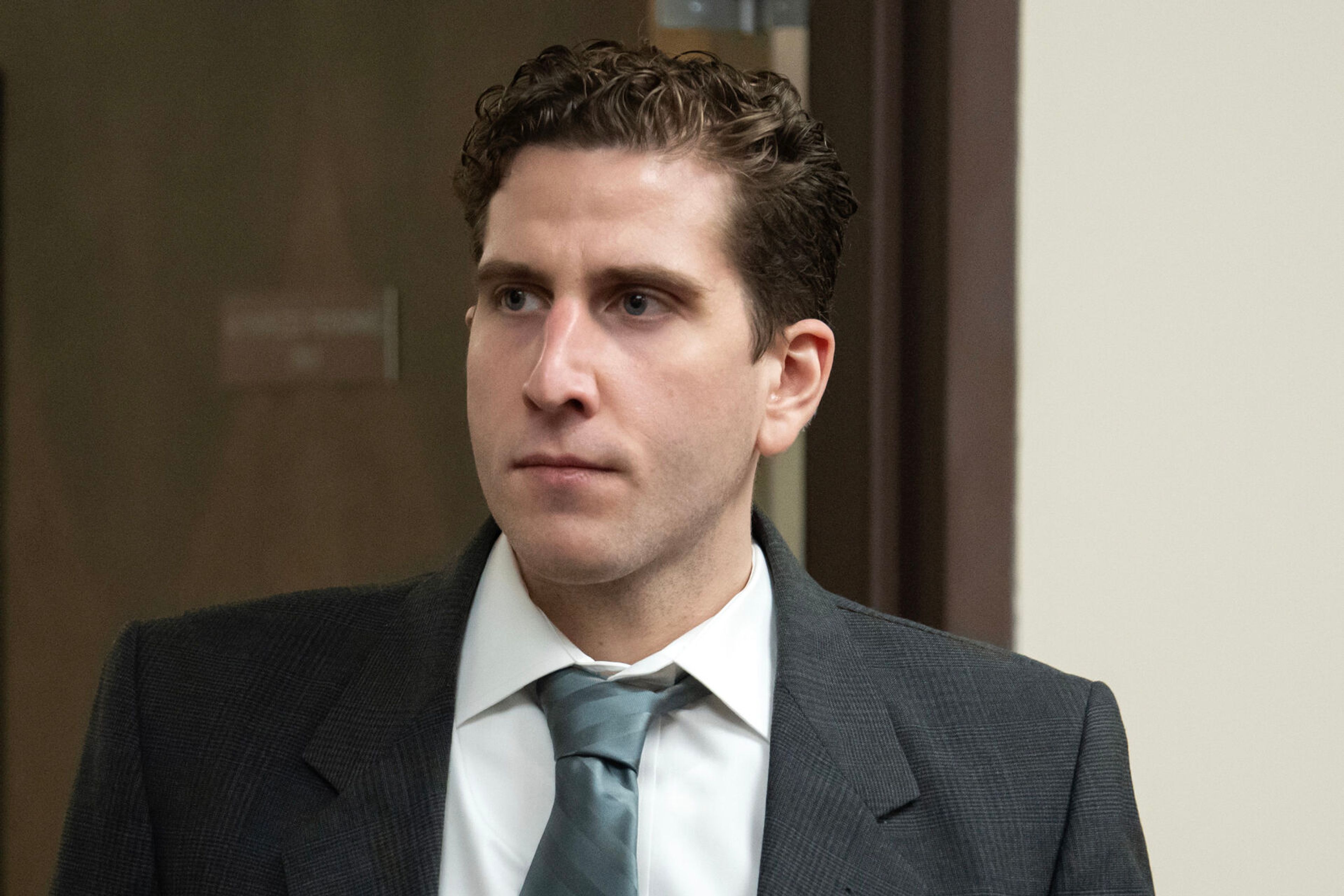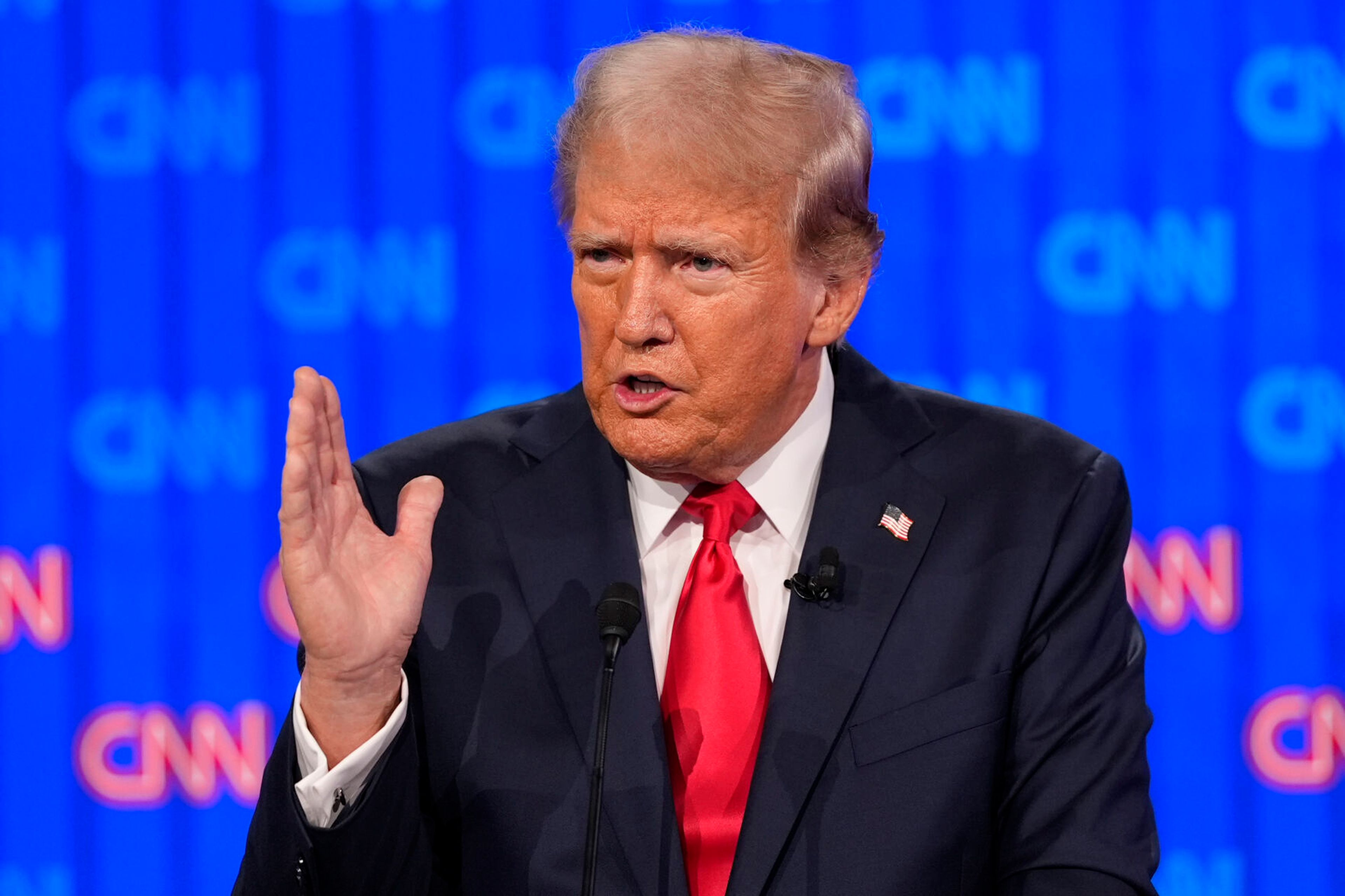Little calls special legislative session, geared toward tax relief, increasing school funding
Idaho lawmakers will return to Boise for a brief special session Sept. 1, intent on providing additional tax relief to help Idahoans cope with high inflation rates.
Gov. Brad Little issued a proclamation this morning calling the Legislature back to the Statehouse.
The only subject to be considered during the session is a single omnibus bill that combines a one-time, $500 million tax rebate with another $161 million in ongoing tax cuts. It also boosts K-12 and higher education funding by a combined $410 million.
“Idaho taxpayers and the education system are especially imperiled by the consequences of historic inflation,” notes the proclamation. “The state of Idaho's responsible, prudent budgeting has resulted in a record-breaking fiscal surplus, which equips the state to take action now to mitigate the harmful impacts of inflation.”
Specific provisions within the bill:
Tax rebate
This would be similar to the $350 million rebate that taxpayers received earlier this year. It will equal 10% of a taxpayer's 2020 tax payment, or a minimum of $300 for a single filer and $600 for joint filers.
The rebate will only be available to full-time Idaho residents who filed tax returns in 2020 and 2021. Senior citizens and others who don't pay income tax can still qualify for the rebate, so long as they filed a Form 24 both years, requesting the annual grocery tax credit.
The State Tax Commission could start disbursing rebate checks as early as September.
Ongoing tax relief
The $161 million in ongoing tax relief will come from replacing the state's existing income tax brackets with a 5.8% flat tax for individuals and corporations.
The state currently taxes every dollar of taxable income, beginning at a rate of 1% and increasing to a top rate of 6% for taxable income in excess of $5,000. Corporate income is currently taxed at 6%.
Under the flat tax proposal, the first $2,500 in taxable income, or $5,000 for joint filers, would be exempt. Consequently, officials believe the bill will result in a tax cut for everyone who pays income tax.
Effective date
The new tax rate would take effect Jan. 3. That date was specifically chosen to supersede the Quality Education Act ballot measure, which Idahoans will vote on in November.
The act proposes a 10.925% tax on income in excess of $250,000, or $500,000 for joint filers. It would also raise the corporate tax rate to 8%. Collectively, these changes would raise an estimated $323 million for K-12 education.
If voters approve the act, it would go into effect on Jan. 1. However, it would then be replaced two days later by the flat tax and education funding included in the special session bill.
Officials indicated the proposed legislation already has 60 co-sponsors -- including a majority of lawmakers in both the House and the Senate, as well as a majority of the House Revenue and Taxation Committee, where the bill will be introduced.
For more on the special session and proposed legislation, see Wednesday's Moscow-Pullman Daily News.
Spence may be contacted at bspence@lmtribune.com or (208) 791-9168.








